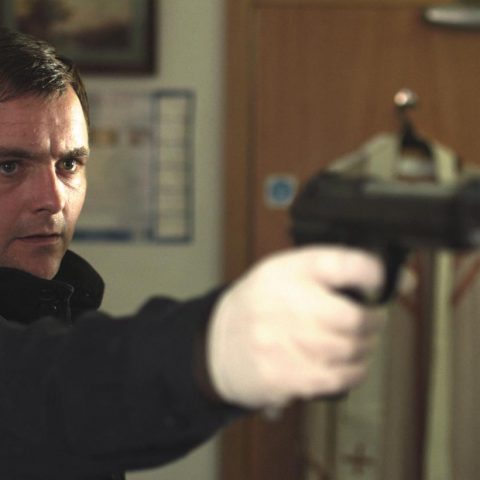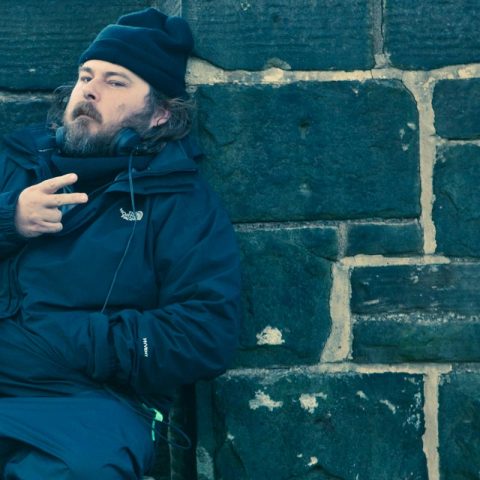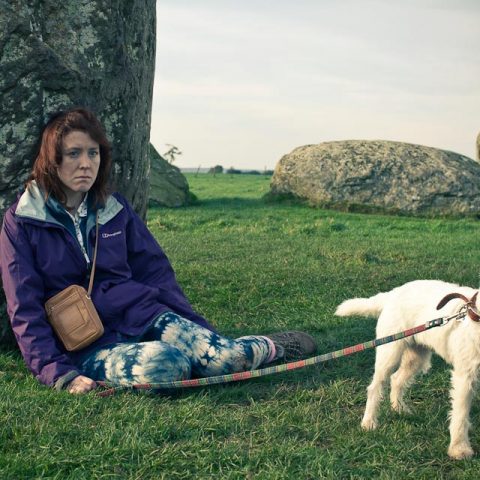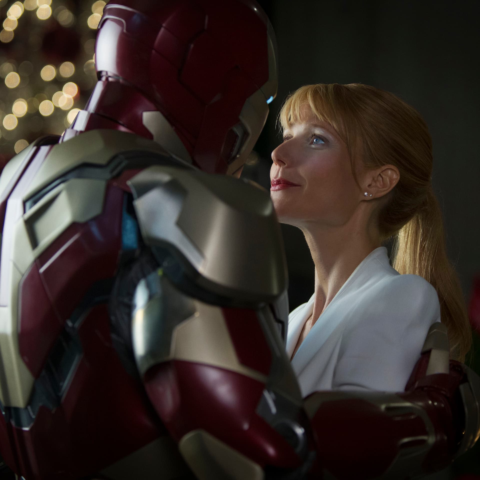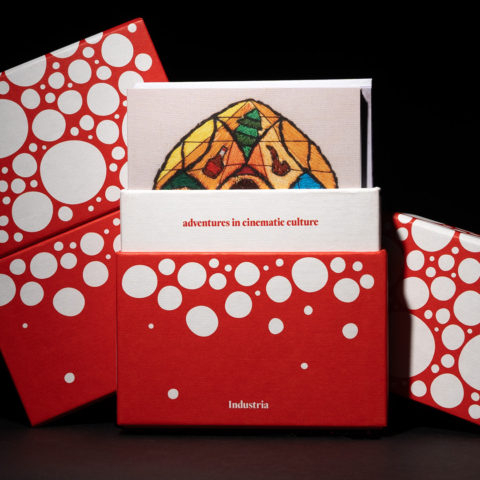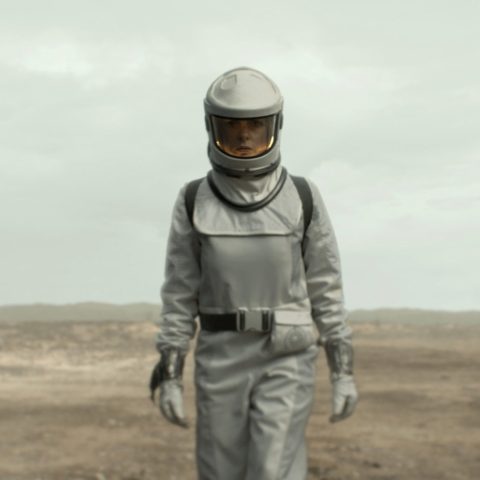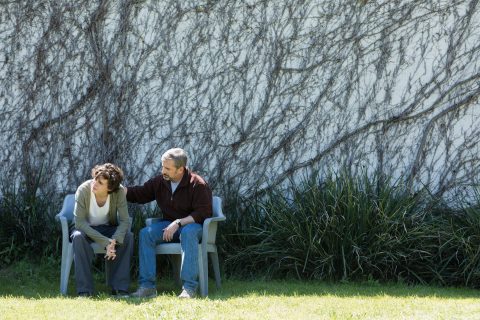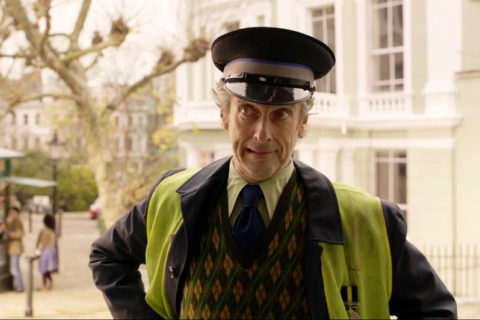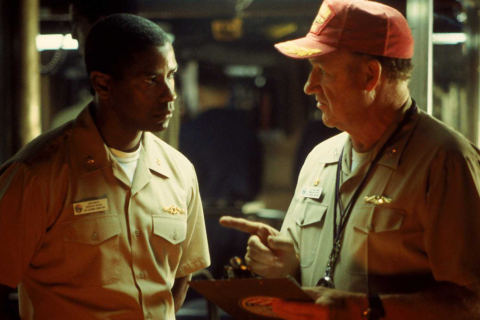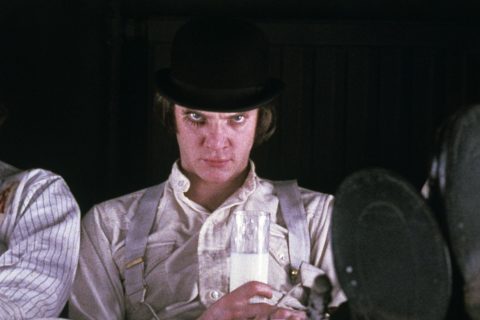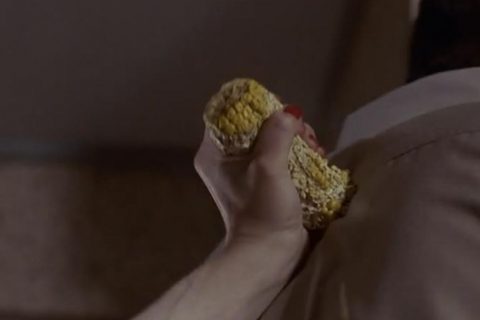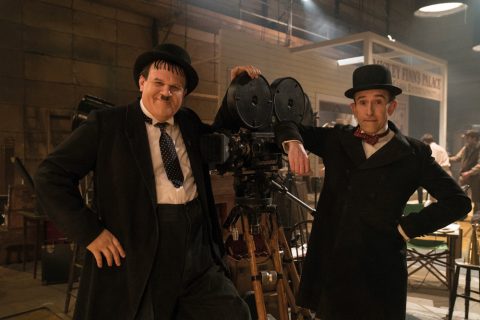Dark Star – Ben Wheatley
After controversial shocker Kill List, Brit indie director Ben Wheatley now wants to make us laugh albeit with the darker side of comedy…

Anyone who found 40-year-old writer/director Ben Wheatley’s ultra-violent horror film Kill List impossible to stomach – and there were a few – can breathe a sigh of relief. His latest, Sightseers, is hilarious.
The story of a couple who leave a trail of dead bodies in their wake, while touring the north of England in a caravan, has its gloriously gruesome moments – but they’re so outrageously over the top, that they’re more likely to raise a laugh than your lunch.
The Billericay-born Wheatley, who made his film debut with the gritty low-budget crime drama, Down Terrace, knew he had to lighten up after Kill List, or risk painting himself into a corner. And comedy was something he knew well having directed TV sketch shows like Modern Toss and The Wrong Deal as well as more established comedy fayre in Ideal (with Johnny Vegas) and Steve Coogan: The Inside Story (a spoof documentary on the comedian).
“I knew I couldn’t make another horror film because then that would be me done,” says the impressively bearded Wheatley. “I would be a horror film director forever more. Also, it was kind of oppressive making Kill List. And seeing the audience reaction to it, it made us think, ‘We’re making people feel really unhappy – really unhappy – and is that necessarily good? We’ve done it well. We’ve achieved it. But why did we want to do it in the first place?’ There was a lot of quite difficult questions that we had to answer about that.”
He went about it by hooking up with a couple of stand up comedians and the result of their collaboration is an achingly funny, bloody and surprisingly touching cross-country kill-thrill comedy, with unexpected echoes of Mike Leigh’s bitter-sweet camping classic, Nuts in May.
INDUSTRIA sat down with the award-winning Wheatley to discuss Sightseers, violence, his take on life, and his next movie…
Is it true that the lead actors – Alice Lowe and Steve Oram – originally wanted to do this for television?
Yeah, it was like a stand-up comedy thing that they did as two characters that they developed, and then they talked to a TV company and got Paul King, who did Mighty Boosh and Bunny and the Bull, involved. He did a teaser tape for them, which is like a 20-minute thing of them going on tour and murdering people. It was quite broad, and they were playing older versions of the characters. I saw that, weirdly, at a comedy show about seven or eight years ago.
How did it then come to you?
They kept developing it and developing it, and then they took the teaser off to the TV and were told ‘No’. Edgar Wright (Shaun of the Dead, Hot Fuzz) had seen it and said, ‘We should be doing this.’ So he then took it to Big Talk, and Big Talk took over the project. Quite a few years after that they came to me – I’d just done Down Terrace – and said, ‘What about this?’ I said, ‘I’ve seen this! I know what this is! And I know Alice and Steve! I’d really like to do it!’ But then I did Kill List.
Was the script they came to you with finished?
Yeah. Then Amy Jump, who co-wrote Kill List and edited Kill List, and edited Sightseers, and is my wife, did a pass on the script. So we used all the structural stuff that we’d learnt from the other two movies and did a bit of a re-write of the dialogue, and that was the movie, basically.
Given Alice and Steve’s background in stand-up, was there much improvisation involved?
For me, one of the main reasons to do the film was we had a chance to work with people who were seasoned improvisors but also knew the material. Oftentimes you’re asking a lot of actors to improvise on camera, anyway. They’ll do it with good grace and the footage will be great, but when you get to the edit suite you can’t use it because it doesn’t thematically fit with the rest of the movie often. If you’ve got the people that wrote the thing to improvise it, it’s another deal altogether. Hopefully they will have the memory of writing the script behind them, so they’ll know all the avenues they went down.
What other reasons were there for wanting to do Sightseers?
Well we knew that the next couple of movies for me are going to be quite complicated and technical, and I wanted to do something that wasn’t first, because it will probably be a few years before I can get back and do something like that. So I wanted to see what it would be like to just let the performers loose.
The film is dark and yet very funny. Were you influenced by Ealing films like The Ladykillers at all?
I’m a massive fan of stuff like Ladykillers. That was one of my favourite films as a kid. I had it on Betamax and I would watch it again and again and again, and it’s a film that never got old. And then on the other side is that Python thing that you’d get in stuff like Holy Grail, which is incredibly gory violence that is really funny. The only other person that I think does it like that is Paul Verhoeven, or sometimes Cronenberg, but he’s not shy of showing stuff that is really red and raw.
They make movies for a more thoughtful audience. They don’t just pile on the gore for gore’s sake, do they?
I always thought that those guys were saying to the audience, ‘I know you like this stuff but you also think it’s a bit horrible. And you’re also adult enough to make your own decision about it, and we’re all adults.’ Rather than going, ‘I’ll hide this stuff from you and tone it all down because it’s not tasteful,’ which I think is not so interesting.
Did you also have Nuts in May in mind?
Sightseers had been pitched to me as ‘Nuts in May-meets-Badlands’, originally. I had seen most of Mike Leigh’s stuff but I had never seen Nuts in May. I avoided it until pretty much a week before, and then I watched it and went, ‘Oh, I see. Alright.’ We then stripped out a lot of stuff that was too close to Nuts in May. He’s got a beard and she’s got a hat, so that’s pretty close. But I think structurally and politically it’s a very different beast. But I would say Leigh is talking about camping and not caravaning. Chalk and cheese.
Does the mix of light and dark in Sightseers reflect your perspective on life?
Well I think life is generally pretty funny. If you have a day without humour in it, you’re having a really bad day. Films seem oftentimes not to have any humour in them at all, and are very super serious, and I find that unrealistic. It seems like some kind of weird dramatic construct that doesn’t really exist. So humour is super important and it’s how we all communicate.
What also makes the film work is the great chemistry between Alice and Steve. Their characters’ relationship is quite touching, despite the fact they’re killers.
Yeah, it’s that tentative probing of two lonely-ish people trying to work out what the other one wants. And would that be through sex or through food? Or is it through their hobbies, which are as diverse as trams and murder.
Do they have some kind of relationship in real life?
No. They’re not lovers [laughs]. I can say that categorically.
Have you tried to reflect today’s political landscape in the film?
Well it’s politics with a very small p. In the same way that Kill List and Down Terrace are films that are reacting against the times that we’re in, I think if you’re not making films that are within that bracket of this weird recession, this horrible crushing weight of the recession that everyone is under, then you’re not really engaging with the time that you’re living in. I think it was more overt in Kill List and Down Terrace than it is in this movie, but Steve’s character has still been made redundant. The people he kills are from different strata of society that he feels are constricting him and stopping him being who he isn’t. So I think it’s definitely in there.
Is it important to you to have this political dimension in your films?
Yeah. You’re a product of your environment, aren’t you? I don’t understand why you wouldn’t. I look at my favourite filmmakers, George A Romero or Tobe Hooper, Alan J. Pakula, George Roy Hilll and politics is ingrained in their stuff.
How do you judge the impact of the violence? Here it is extreme but funny. In Kill List, it was extreme and almost unwatchable.
I suppose it’s in the conception of it. Sightseers was never going to be an 18, so it’s doing different things. Kill List is violent in different ways for different reasons. In Sightseers it plays some of those games but it doesn’t commit as much as Kill List to it [laughs]. And it’s supposed to be funny, it’s a comedy. Kill List, the violence just stops the film dead, and you don’t recover from that for a while. And that’s on purpose. If you do that in a comedy no one will ever laugh again. It’s like if you got half way through the film and cut the dog’s head off: that’s the end of laughter in that film, you know? No one will come back to it.
So when you did Kill List, did you consciously set out to make a feel-bad movie?
We were just really committed to making a horror film and it was going to scare the shit out of people. And then we did it and we thought, ‘Oh God, we’ve achieved this. Was it such a brilliant idea?’
Like a lot of people we were quite confused by the second half of the film. Did you deliberately set out to confuse people?
I think it’s a Marmite thing. Lots of people were fine with it and lots of people weren’t. And I’ve seen stuff online that takes it apart and says exactly what it is, and I’m like, ‘Yeah, that’s fine. They got it.’ I’m glad that’s there because if that wasn’t there then I might have really confused everyone.
Do you mind being confused yourself when you watch certain films?
Well when I watch [Tarkovsky’s] Stalker, or something like Inland Empire, I have no idea what that means. I can get the edges of it. I can start to understand it a bit. But it doesn’t bother me that I don’t know every nut and bolt. But then I generally go and read up on it if I can’t figure it from the first viewing. So yeah, it doesn’t worry me overly that people come out of Kill List confused because I know that I know what it means, and that’s all that really matters. If I didn’t know what it meant then it would be bad [laughs]. It would have been a right lazy load of nonsense.
You said your next project’s very complicated.
Yeah, it’s a kind of sci-fi action thing called Freak Shift, which is basically cops versus monsters. So it’s going the other way. It’s not a delicate kind of relationship thing. It’s people with guns shooting stuff. But I wanted to do something that’s just really kinetic and action-action. So it’s more like the tunnel sequence in Kill List, but for the whole film.
Will it be funny?
There will be lots of humour. We’re looking at Verhoeven, really, as a model for that stuff. It’s like RoboCop and Starship Troopers. It’s got political stuff in it. Humour. Sexual politics. The main character is a 40-year-old woman with a younger woman sidekick. It’s trying to turn the acton genre on its head a bit. So it’s all about women, it’s not about men.
Who will be the audience for the film?
It’s pretty violent. I think with the money there will be pressure to make it a 15, but if it’s man-on-monster, or rather woman-on-monster, I think it will be alright. I think if it was people being killed then it would be harder.
Does it concern you that as the projects get bigger there will be more of that kind of pressure?
It’s up to you. It’s how you structure the films. You can structure them, if you finance them right, so that you can keep complete control. But I also do lots of TV ads so I know how the other end of it works where you’ve got layers of bureacracy of people, or layers of pressures that you have to placate, to get stuff through. But I think it’s a definite decision. If you want to make those kind of movies, then you can’t go into them pretending you’re going to be in control and then be upset when you’re not. You’ve got to know where you are in that game. If that’s decided up front then I think that’s amicable. But if you go in thinking you’re going to have final cut and you’re going to change your mind all the time and not tell anyone, then I think you’re in trouble.

